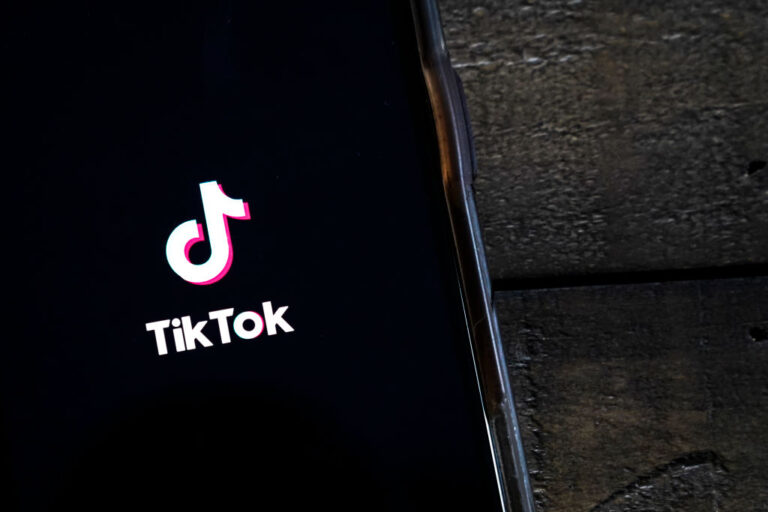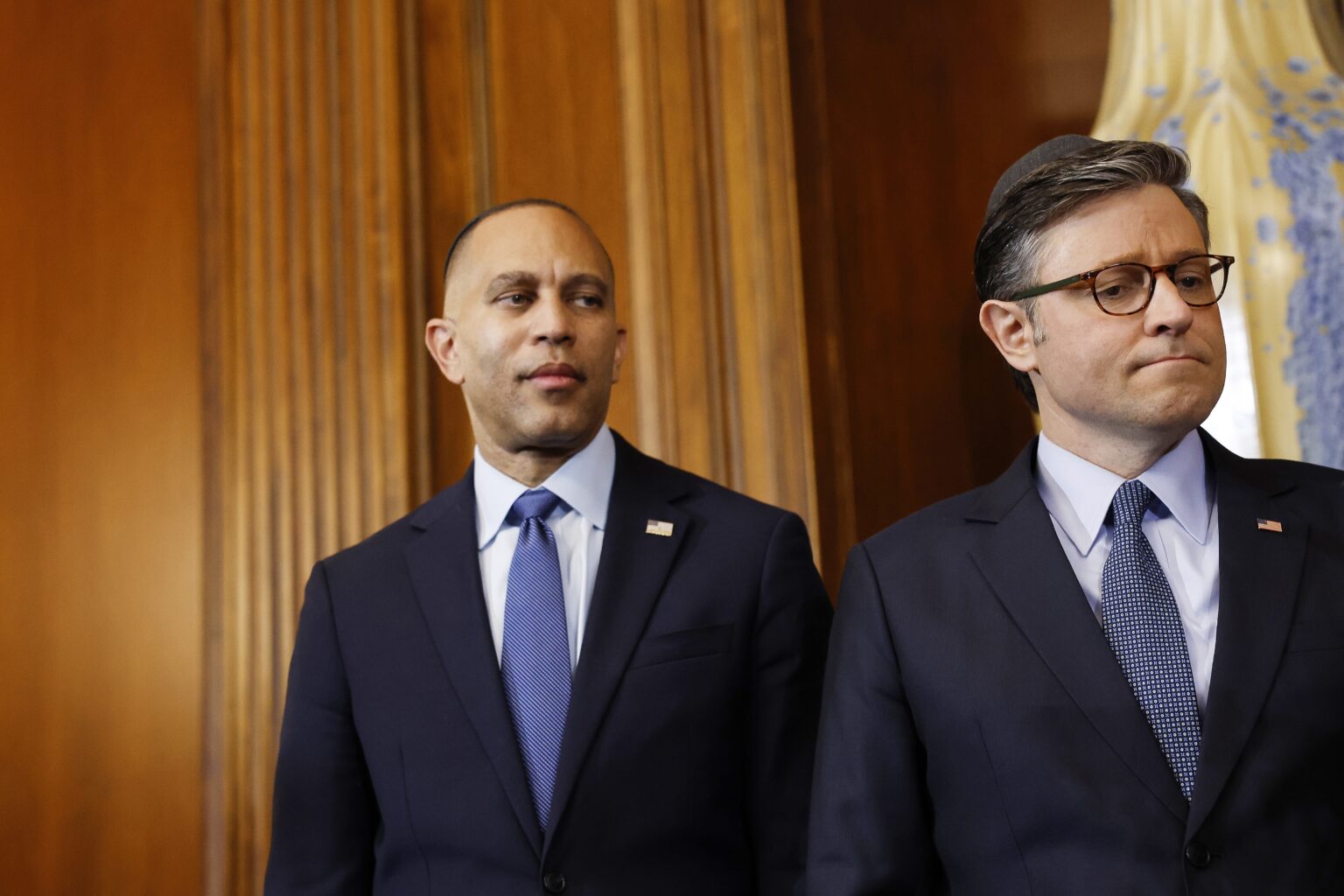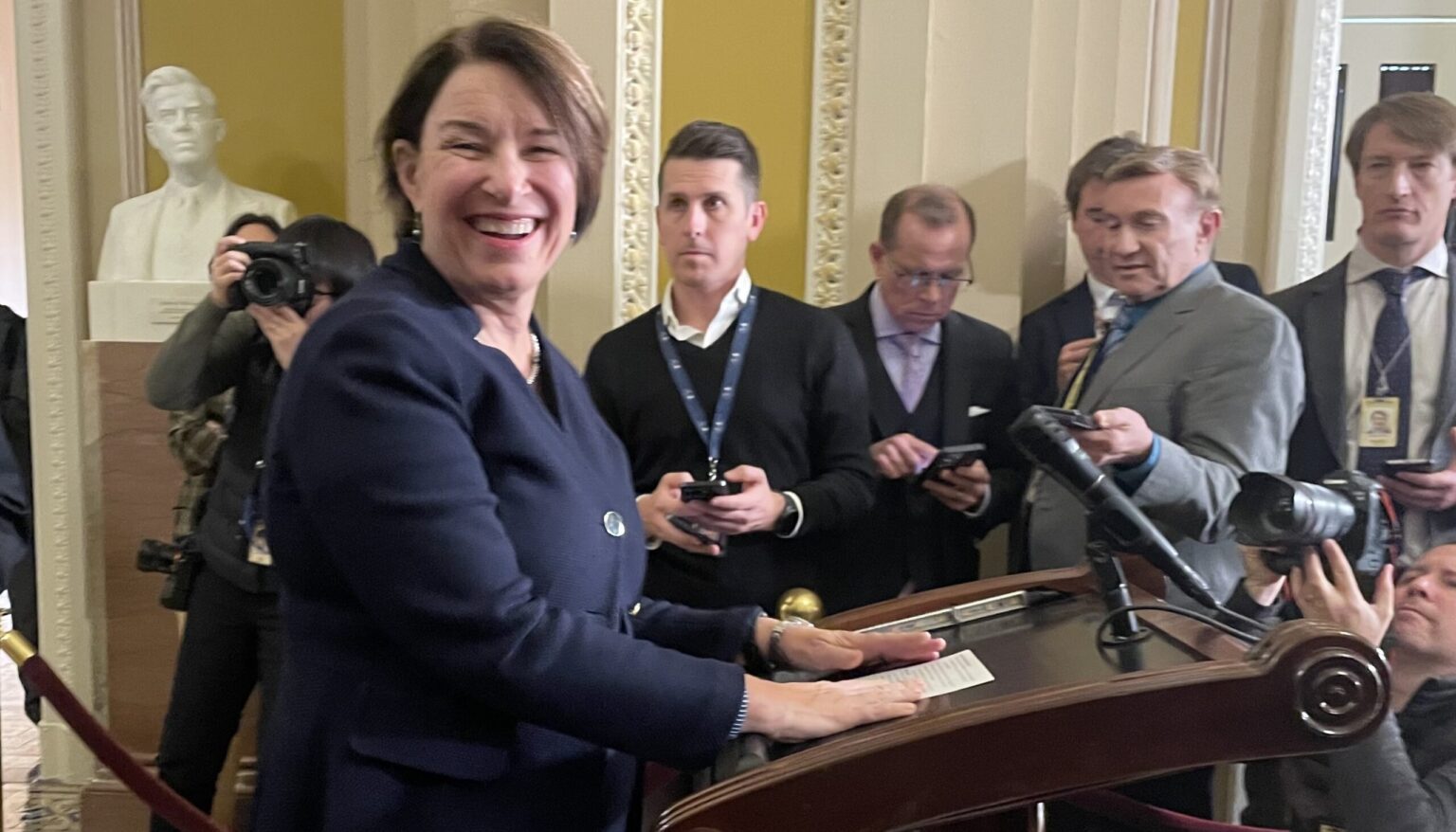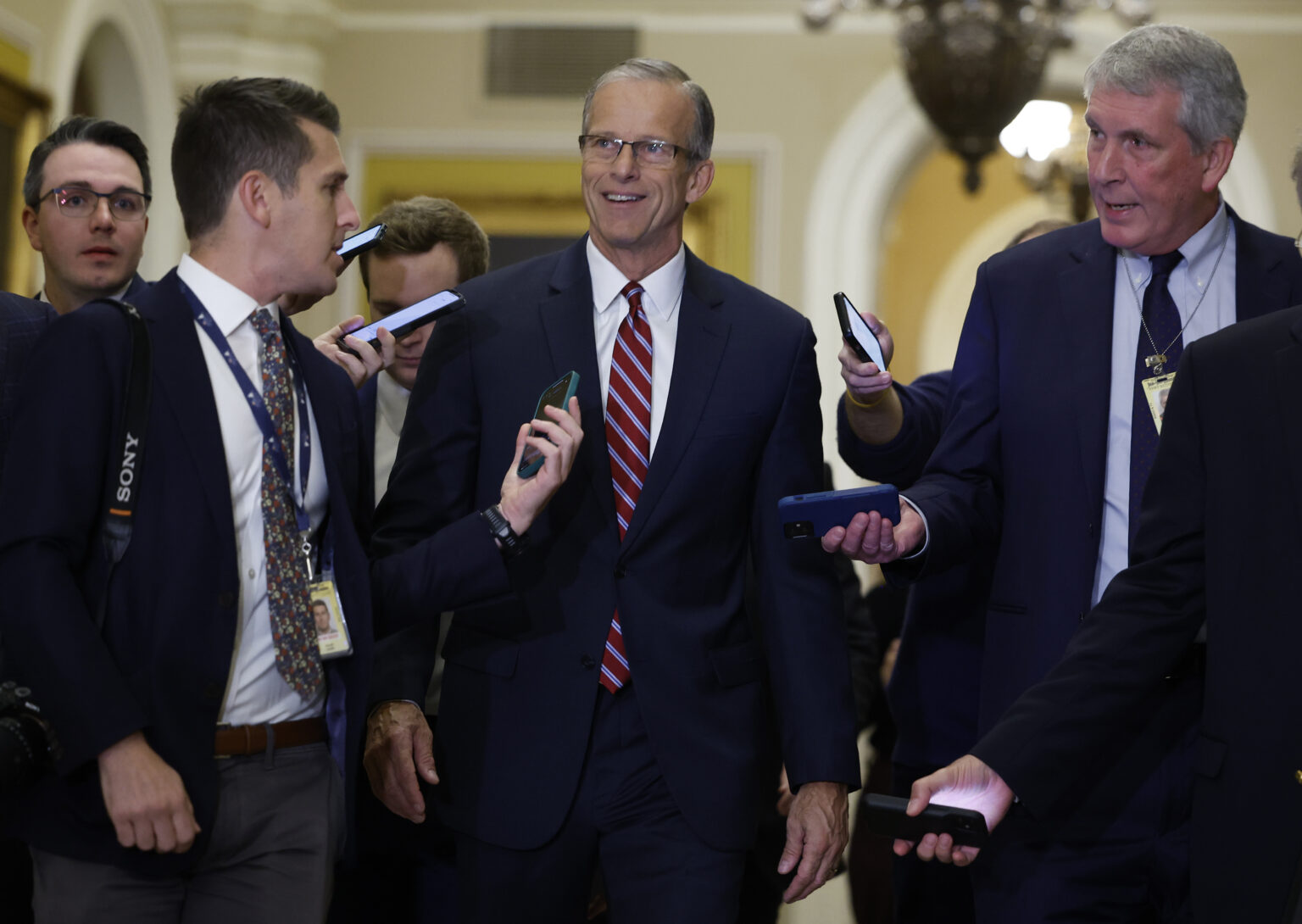A group of federal appeals judges decided Friday that the statute Congress approved this year, which required the Chinese parent firm of the massive social media platform TikTok to either sell the service or risk a U.S. ban, is constitutional.
The D.C. Circuit Court of Appeals’ three-judge panel’s ruling upholds the bipartisan law that President Joe Biden signed in April, which ordered ByteDance, the parent company of TikTok, to stop operating in the US due to worries that the Chinese Communist Party might obtain and use the platform’s data collection.
TikTok, ByteDance, and a few other users sued the government to prevent the law’s implementation, claiming it infringed upon their First Amendment rights to free expression and other liberties.
The panel dismissed the argument on Friday, stating that while the short-form videos created on the service are speech and stopping U.S. operations would restrict that speech, the Chinese government’s hybrid commercial threat to U.S. national security—not the U.S. government’s actions—was the cause of that.
Senior Judge Douglas H. Ginsburg wrote for the panel that the First Amendment is in place to safeguard free speech in the United States. In this case, the government took action only to defend that freedom from an enemy country abroad and to restrict that adversary’s capacity to collect information about Americans.
The court’s primary decision was composed of Ginsburg, who was appointed by Republican President Ronald Reagan, and Neomi Rao, who was appointed by Donald Trump. A concurring opinion was written by Chief Judge Sri Srinavasan, who was appointed by Democrat Barack Obama.
TikTok may choose to appeal Friday’s decision to the U.S. Supreme Court or the whole D.C. Circuit. The law is scheduled to take effect on January 19, the day before Trump, who has stated that he is against the bill despite having attempted his own TikTok ban during his first term as president, returns to office.
Free speech concerns
Given the urgency of the situation, those contesting the law are likely to file an appeal with the Supreme Court immediately and request an emergency temporary stay, Jacob Huebert, a plaintiff in the case, stated in an interview on Friday.
In the TikTok case, Huebert, president of the nonprofit Liberty Justice Center, which has fought well-known free-speech cases, is defending the libertarian news and commentary channel BASEDPolitics, claiming that the law unconstitutionally limits the channel’s ability to reach its target audience of Gen Z users.
According to Huebert, the government’s national security justification shouldn’t have taken precedence over First Amendment issues.
He stated that the court’s heavy reliance on this national security rationale is insufficient.
He went on to say that the rule would create a risky precedent that might eventually be applied to other social media platforms.
Regardless of your opinions about TikTok or China in particular, it should worry you because it poses a serious threat to Americans’ internet right to free speech in general, according to Huebert.
Bill sponsors from both parties praise ruling
In a joint statement released Friday, the bipartisan leaders of the U.S. House Select Committee on the Chinese Communist Party, where the bill was launched, praised the ruling.
Chairman John Moolenaar, a Republican from Michigan, wrote that today’s decision is a win for the American people and TikTok users and a defeat for the Chinese Communist Party, which will no longer be able to use ByteDance’s dominance over TikTok to threaten our national security, subvert our sovereignty, and monitor our citizens. I’m hopeful that President Trump will help an American acquire TikTok so that it may continue to be used in the US, and I’m excited to see the app in America under new management.
Illinois Democratic Ranking Democrat Raja Krishnamoorthi stated that selling TikTok is the only viable option.
All three arms of government have come to the same conclusion, he said: ByteDance is under the authority of the Chinese Communist Party, and ByteDance’s ownership of TikTok poses a threat to national security that cannot be eliminated by any other method than divestiture. Our security is at jeopardy every day that TikTok is still governed by the Chinese Communist Party.
Krishnamoorthi and then-Chair Mike Gallagher, a Republican from Wisconsin who is no longer in Congress, proposed the bill in March.
It passed the House 352-65 with dozens of co-sponsors from both parties. The bill was approved by the Senate in April as a component of a broader financing package.
Note: Every piece of content is rigorously reviewed by our team of experienced writers and editors to ensure its accuracy. Our writers use credible sources and adhere to strict fact-checking protocols to verify all claims and data before publication. If an error is identified, we promptly correct it and strive for transparency in all updates, feel free to reach out to us via email. We appreciate your trust and support!



